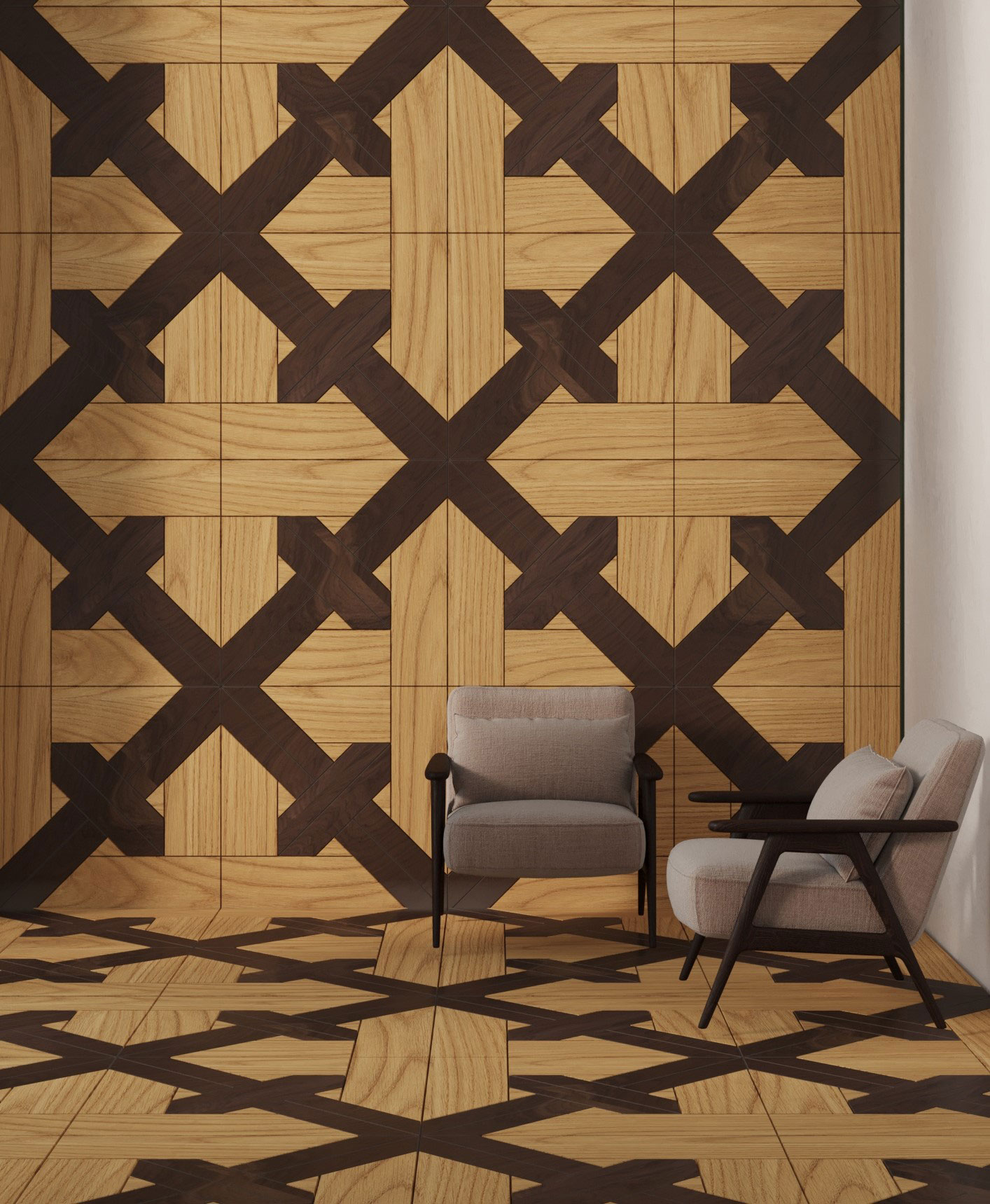Purism is an art movement that emerged at the beginning of the 20th century and is based on creating an aesthetic unity by using simple, primary forms and neutral colors. Purism has been influential in art, architecture, and industrial design. The philosophy of the purism movement advocates that objects should be functional and valuable. Therefore, it supports designs promoting minimalism and using geometric forms to emphasize the aesthetic value of functional designs.

Purism is an art movement that emerged at the beginning of the 20th century and is based on creating an aesthetic unity by using simple, primary forms and neutral colors. Purism has been influential in art, architecture, and industrial design. The philosophy of the purism movement advocates that objects should be functional and valuable. Therefore, it supports designs promoting minimalism and using geometric forms to emphasize the aesthetic value of functional designs.

The History of Purism
Purism has brought a contemporary and innovative approach to the world of art and design. The influence of this movement is still recognized today. Purism and other movements such as Bauhaus and Modernism influenced minimalism, especially in modern architecture and industrial design. Architect Le Corbusier and Painter Amedee Ozenfant, who were the pioneers of the movement, described the basic principles of understanding Purism, in their book "After Cubism" published in 1918.
Purism advocates that simple expressions should take place in art. Le Corbusier believes artwork should be created with simple and rational values rather than picturesque and decorative ones. Because simple geometric forms are more understandable, more universal, and give more peace to the viewer.

Purism and Architecture
One of the most important fields bearing traces of the Purism movement is architecture. Purism is a form of cubism freed from its excesses. The approach which advocates machinery and industrial traces aimed to be universal.
Le Corbusier was greatly influenced by Ottoman Architecture during his Istanbul trip in 1911. Worship structures dominated by plain, geometric volumes attracted his attention and he sketched many historical buildings, and city skylines while exploring Istanbul.

Parquet and Purism
The aesthetic philosophy of purism also has a great influence on the field of parquet production. In our parquet products, we use minimalist geometric forms to emphasize the natural beauty and functionality of natural wood floors in order to create modern designs. Our products with contemporary traces are produced with only basic colors to comply with the philosophy of Purism and to preserve the natural texture of the wood. This trend combines the simplicity and aesthetic integrity provided by minimalism. It reflects a modern and contemporary look to the interior atmosphere.
The effect of purism is felt not only in terms of aesthetics but also in terms of functionality in the field of parquet production. Since the philosophy of purism is based on the idea that objects should be functional and useful, we follow this philosophy in our products and produce functional and durable wooden floors. In this way, we increase our product quality and satisfy customers' needs.